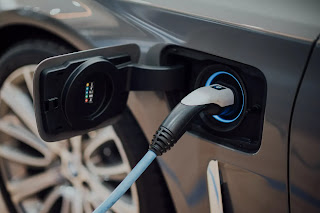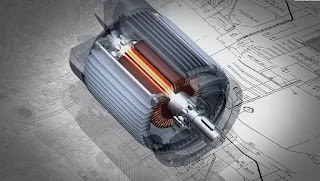EV Charging station guideline by Ministry of power India.
BY AFZAL YOUSAF
As EV adoption will be increasing drastically in India on coming years, the need of charging stations is so high. As a result Govt. and many other organisations, Entrepreneurs are setting up charging stations in India.
Read the article to know the guideline for EV charging station by Ministry of Power issued on October 2019.
Indian Ministry of Power issued the Revised guideline and standards on October 2019 to enable faster adoption of EV ensuring safe, reliable and affordable charging. Also looking to promote affordable charging tariff to EV Owners and Charging station operators along with increasing the employability through this sector.
As per the guidelines:-
- Private charging at residences/ offices shall be permitted. Distribution companies (DISCOMs) may facilitate the same.
- Setting up of Public charging station (PCS) shall be de-licensed activity and any individual is free to set up public charging stations provided that, such stations meet the technical safety as well as performance standard and protocol laid down below as well as any further norms/standard/specification laid down by Ministry of power and Central Electrical Authority from time to time.
- Any person seeking to set up a public charging station may apply for connectivity and he shall be provided connectivity on priority by the Distribution company license to supply power in the area.
- Any charging stations/ chain of charging station may also obtain electricity from any generation company through open access.
- For these Guidelines electric vehicle supply equipment (EVSE) shall mean an element in the EV infrastructure that supplies electric energy for recharging electric vehicles.
Public charging stations (PCS) should be flexible to choose type of charging based on the vehicle. These guidelines allows public charging stations complete freedom to install Combination of chargers ( CCS, CHAdeMO, Type 2, Bharat) as per the market requirement. Types of chargers in the guidelines are given below.
 |
| As per 2019 October guidelines |
Charging stations for electric two and three wheelers shall be free to install any other charger other than those specified above subjected to compliance of technical and safety standard as laid down by Central Electrical Authority(CEA). And should have tie up with at least one online Network service provider to enable remote /online booking service for charging slots and data from charging station should be shared with appropriate DISCOMs and adhere to protocols prescribed by Central Electrical Authority (CEA. Also EVSE shall be tested by an agency accredited by National Accreditation Board for Testing and Calibration Laboratories (NABL) from time to time.
Remaining important guidelines apart from mentioned above are given below:-
- For long range/ Heavy duty EVs, It should be Fast charging stations with at least two chargers of minimum 100 KW (200-750 V or higher) each of different specification (CCS / CHAdeMO or any any other fast charger approved by DST/BIS for above capacity) with single connector gun each.
- Appropriate liquid cooled cables for high speed charging facility for onboard charging of fluid cooled batteries.
- On location of public charging stations, in cities, there should be at least one charging station in every 3 x 3 KM and one charging station on every 25 KM in both side oh highways.
- Charging infrastructure will be developed phase wise throughout the country. In first phase (1-3 years) focusing on Big cities and in Second phase (3-5 years) mainly on state capitals and UTs.
- On every every 100 KM , there should be a Fast charging station for inter city travelling heavy duty EVs like buses and trucks, apart from above mentioned public charging stations (PCS).
- For above PCS installation, State / UTs needs to find the land.







Comments
Post a Comment
Please do not enter any spam link in the comment box.